Do you need to turn the lights off when you leave a room? Experts have ended this time-honored debate once and for all
On or off? We delve into the details of this age-old dispute

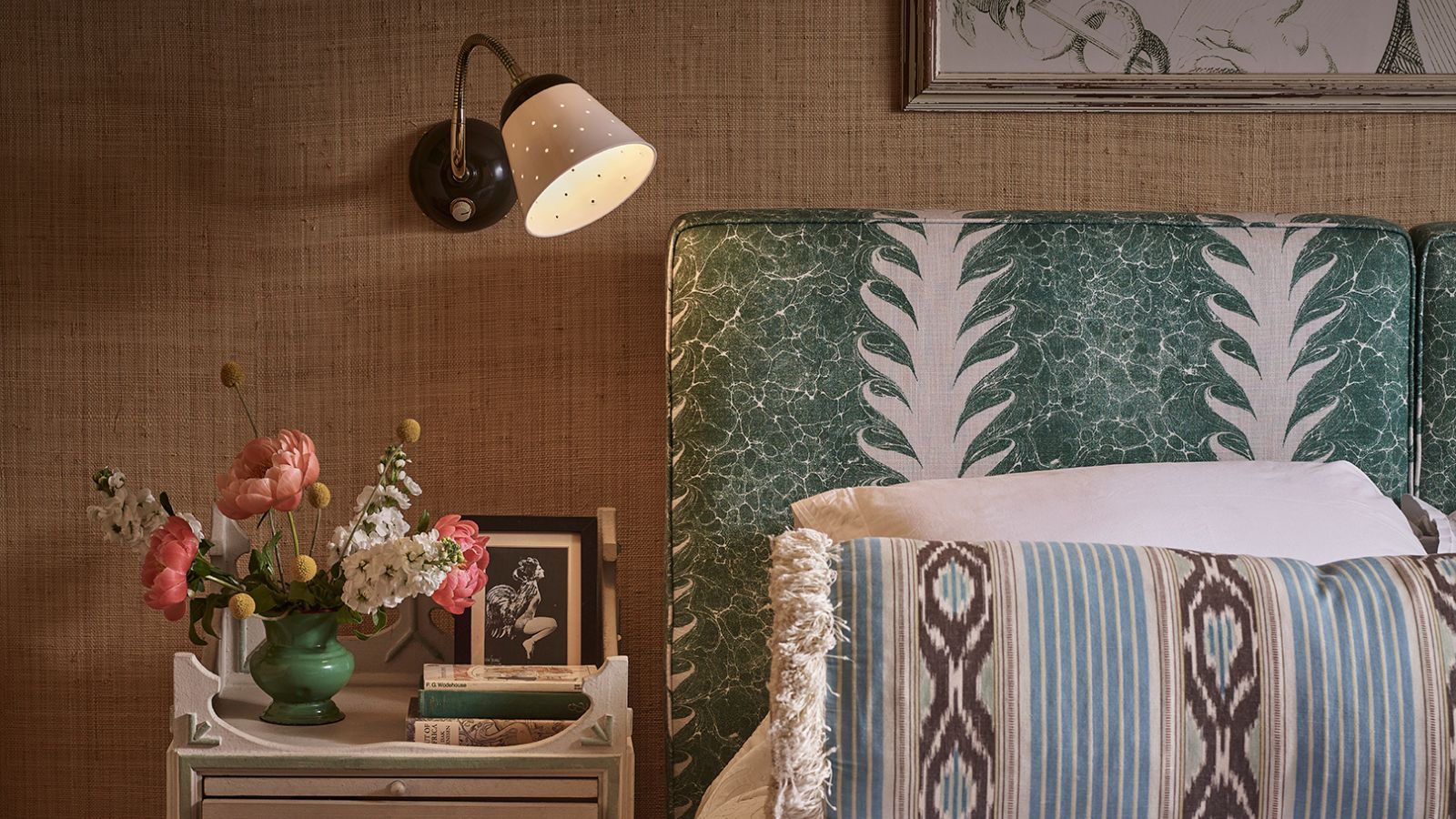
Design expertise in your inbox – from inspiring decorating ideas and beautiful celebrity homes to practical gardening advice and shopping round-ups.
You are now subscribed
Your newsletter sign-up was successful
Want to add more newsletters?

Twice a week
Homes&Gardens
The ultimate interior design resource from the world's leading experts - discover inspiring decorating ideas, color scheming know-how, garden inspiration and shopping expertise.

Once a week
In The Loop from Next In Design
Members of the Next in Design Circle will receive In the Loop, our weekly email filled with trade news, names to know and spotlight moments. Together we’re building a brighter design future.

Twice a week
Cucina
Whether you’re passionate about hosting exquisite dinners, experimenting with culinary trends, or perfecting your kitchen's design with timeless elegance and innovative functionality, this newsletter is here to inspire
Being called from across the house to be asked why all the lights are on in an empty room is a childhood experience many of us had, instilling in us the need to switch off all lighting whenever we leave a room.
But do you still need to turn the lights off when you leave a room, considering today's advancements in energy-saving bulbs?
Overall, the answer is yes if you want to cut energy bills in the long term, with only one exception. Here, contractors explain all.
Do you need to turn the lights off when you leave a room?
While most modern lighting ideas don’t use anywhere near as much energy as older bulbs, turning them off whenever you leave a room for a prolonged period of time is still beneficial for your energy bills, begins Joel Worthington, president of Mr. Electric, a Neighborly company.
He explains, ‘It’s a good habit to turn off lights when leaving a room because it helps conserve energy use, which can help save money at home on the utility bill. This is especially true of older bulbs, like incandescent bulbs, as they waste more energy than more efficient LEDs. Over time, unnecessary usage adds up.’
LEDs are available at most major home retailers. You can buy packs of four daylight LED bulbs for under $6 from Walmart, for instance, or four warm white LED light bulbs from Target.
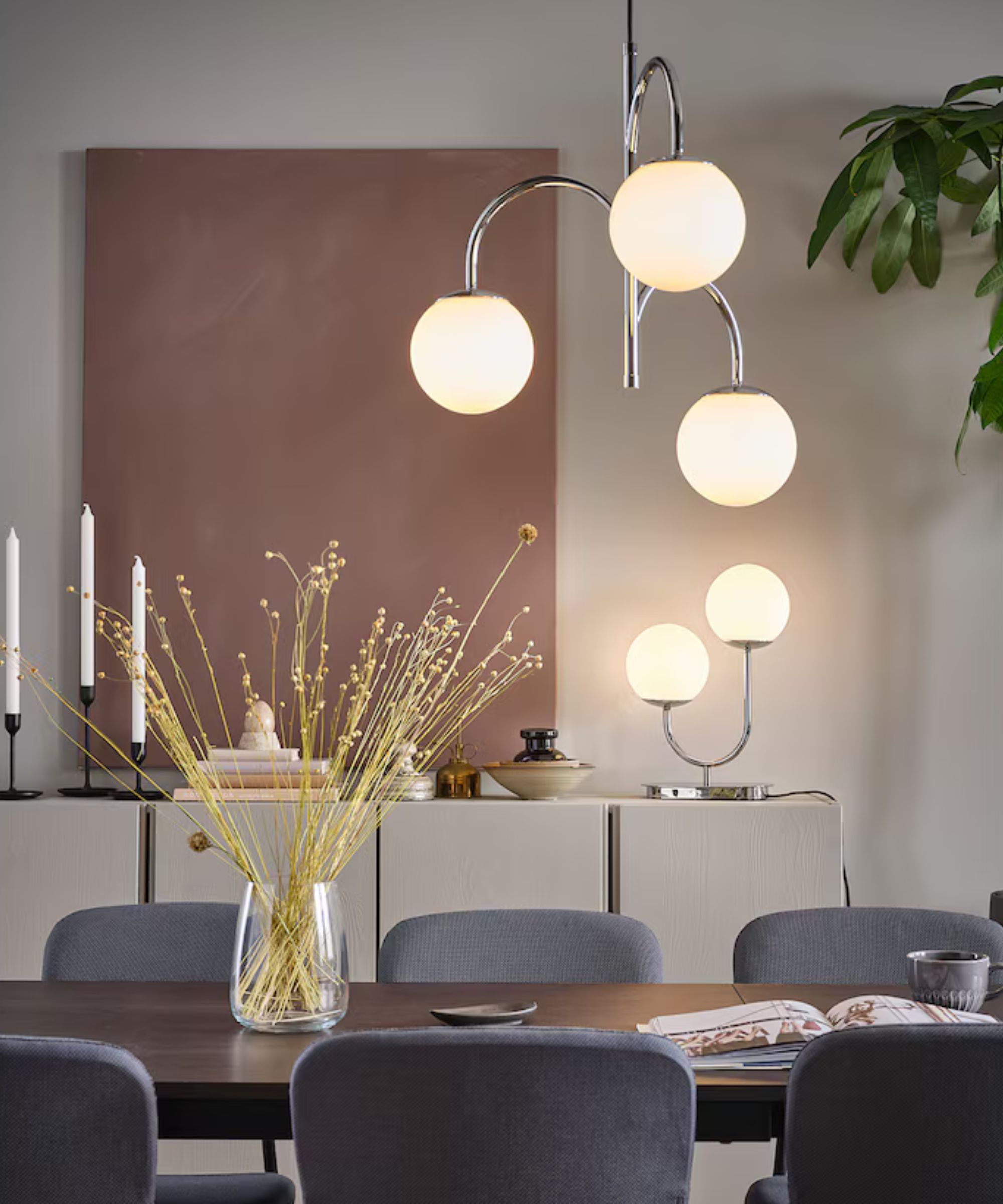
Modern LEDs don't have limited on/off cycles like older bulbs.
The exception to this rule is the use of CFL bulbs (compact fluorescent lamps). Joel explains, ‘When leaving a room for a few minutes that uses CFL bulbs, it may not be needed as CFLs have a limited number of on/off cycles.’ This means the more often you turn them on and off, the quicker they will burn out and you will have to replace them. This risk, as Nick Drewe, CEO and consumer and retail trends money-saving expert at Wethrift adds, ‘is minimal with newer LEDs, which are engineered to tolerate repeated switching without appreciable degradation.’
Design expertise in your inbox – from inspiring decorating ideas and beautiful celebrity homes to practical gardening advice and shopping round-ups.
The advice provided by the Department of Energy suggests that CFLs should be left on if you are leaving a room for less than 15 minutes, and turned off when you will be out of the room for over 15 minutes to balance energy savings with the limited on/off cycles.
Nick continues, ‘From a cost-saving point of view, the energy you save by switching lights off more than compensates for any slight decrease in bulb life, especially if you're using LEDs. Having lights on, even low-wattage lights, adds to your electricity bill in the long run. It's a myth that having them on is somehow cheaper – this might have been true in the days of incandescent bulbs, but not anymore.’
How to save money on your lighting
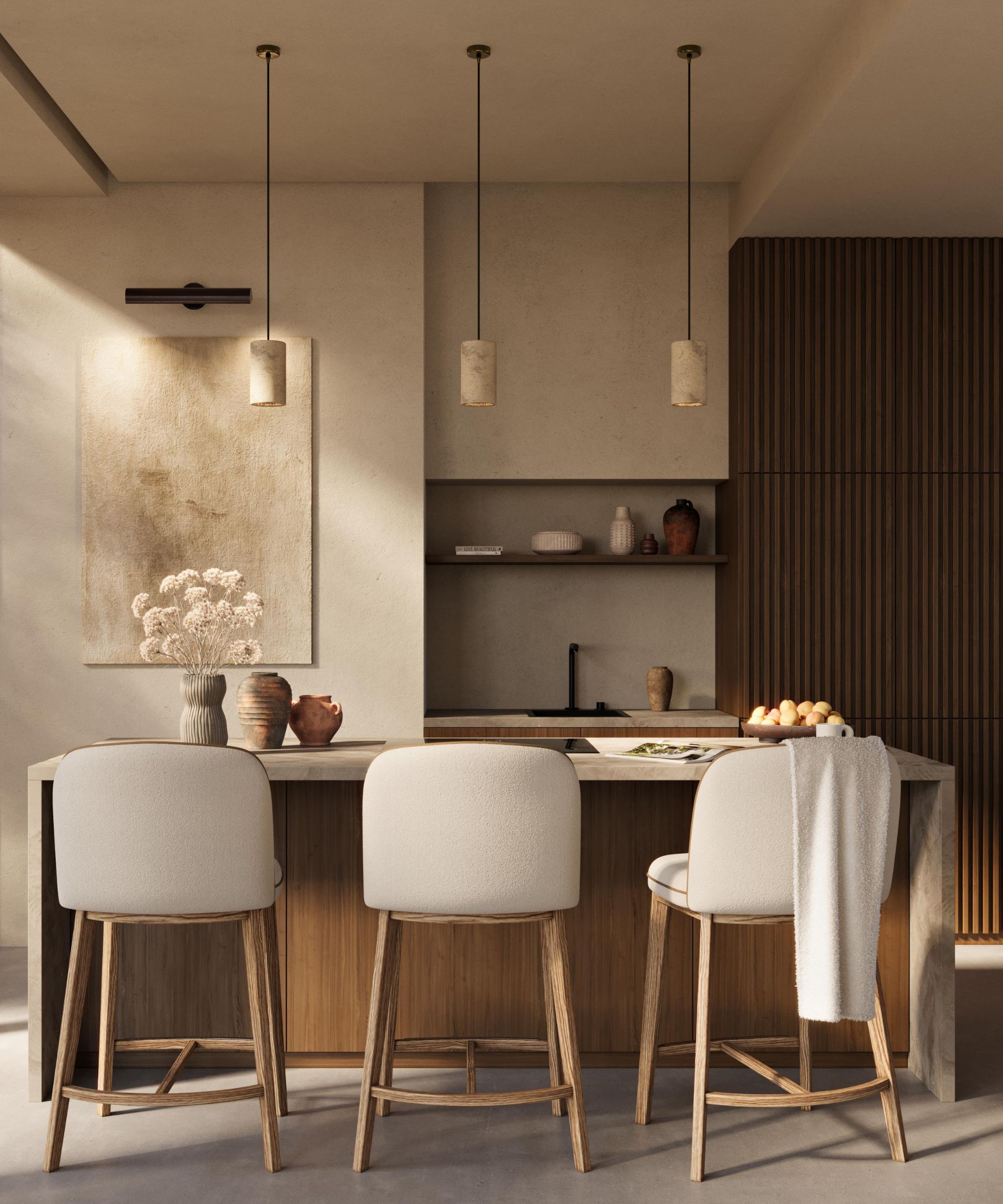
Putting all of your lighting on one switch can make turning everything off less hassle.
While lighting makes up a very minimal portion of your overall energy bills each month, there are ways to reduce its usage further. Switching your household lighting to LEDs, such as LED bathroom lighting ideas, for instance, is a great place to start.
Nick shares, ‘LEDs have become the standard for smart, frugal households because they combine energy efficiency, durability, and low total ownership cost, making them a great sustainable household swap. There’s also increasing consumer interest in automation – smart lighting systems that turn off lights automatically are growing in popularity among cost-conscious shoppers who want savings without having to think about it.’
I consider smart lighting one of my top smart home must-haves. I use the Phillips Hue Smart LEDs, with starter kits available at Best Buy, and love that I can control them from my phone from anywhere in the world, allowing me to quickly turn off lights when I leave the house and forget, or set automated schedules when I am on vacation to improve security measures for a house.
What to shop
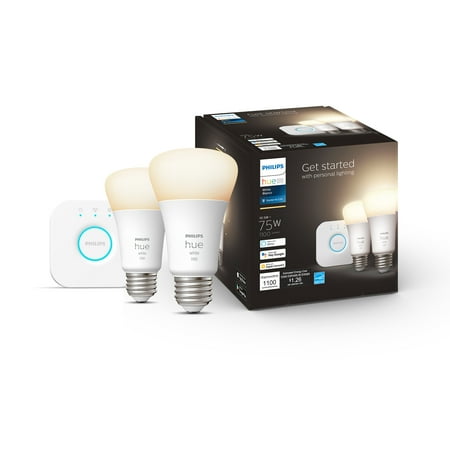
The Hue starter kit might be a bit pricier than buying regular bulbs, but the control they offer over your home lighting is unparalleled. You can pick the tone of your lighting, the brightness, and control them from anywhere, any time, helping you save on energy bills and make a room cozy with lighting.
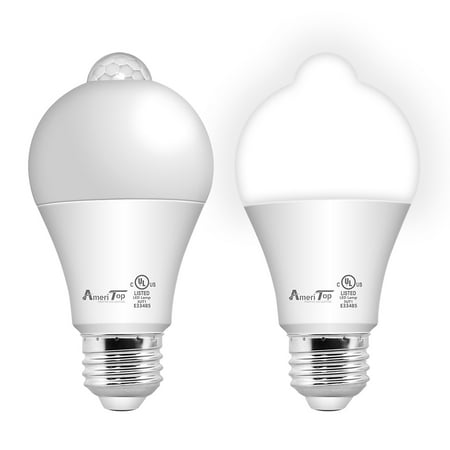
If you have an area of your home that you pass through regularly, but don't want the hassle of turning lights on and off, consider a motion-sensor light bulb. I use one for my staircase so the light is on when I walk up and down for safety, but turns itself off when not in use.
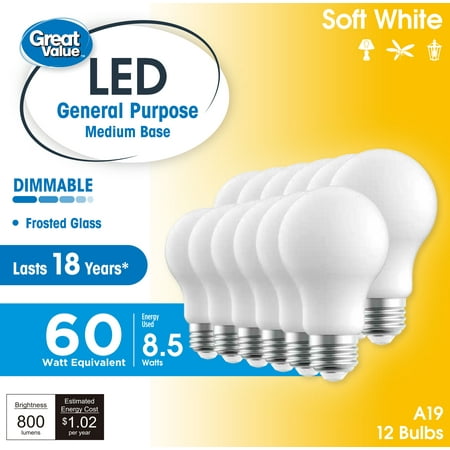
This pack of 12 lightbulbs is dimmable, and casts a soft white light in your home, making them perfect for cozier living spaces such as bedrooms and living rooms where you want to relax, but still need to complete tasks.
Meet the experts

Joel Worthington is the President of Mr. Electric, a Neighborly company. His focus on strategic initiatives has led to the development of new sales, customer service, and training systems within Mr. Electric.

Nick has became an internationally recognised savings, shopping and trends expert, featured regularly in numerous publications including Vanity Fair, Country Living, and House Beautiful.
FAQs
Can leaving a light on at night cause a fire?
While modern LED bulbs are designed to run for a long time without overheating, older bulbs such as incandescent bulbs, halogen lights, or CFLs can all pose a common fire risk in your home if left on for a prolonged period. For that reason, it is usually safer to turn your lighting off overnight, or when you leave the house for several hours, to be safe.
So far as money-saving renovation tips go, switching your older bulbs for LEDs is the way forward. Nick concludes, ‘Except for using extremely old or specialty lighting, the advice is straightforward: turn the lights off when you're not using them. It's a simple victory for your wallet – and for the planet.’

Chiana is Homes & Gardens’ kitchen appliances editor. With a lifelong passion for cooking and baking, she grew up experimenting in the kitchen every weekend with her baking-extraordinaire Mom, and has developed a great understanding of how tools and appliances can make or break your ideal relaxing kitchen routine.